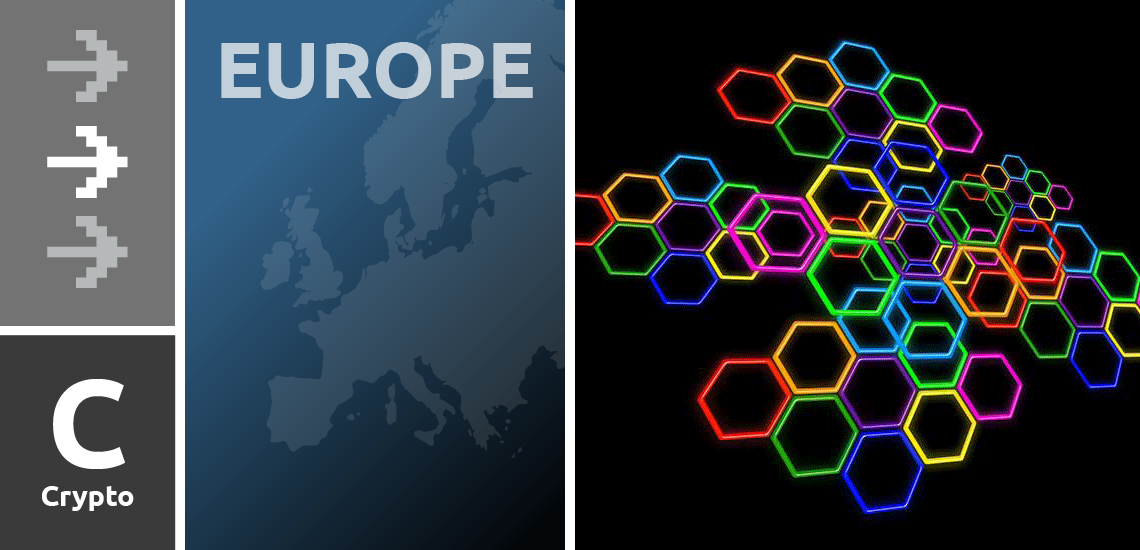
Deutsche Bank and Standard Chartered recently conducted a significant exchange of dollars for euros using stablecoins and blockchain technology. This departure from the trend of decentralization highlights a move towards a more centralized approach. While decentralized exchanges like Uniswap have made currency swaps user-friendly and accessible, banks engaging in swaps operate within their own infrastructure, even when utilizing blockchain technology. In this particular exchange, SC Ventures and Deutsche Bank executed a stablecoin swap using USDC and EURS, both of which run on the Ethereum blockchain. The banks utilized the Universal Digital Payment Network (UDPN) as their platform. SC Ventures established a decentralized identity via a software development kit (SDK) and an application interface (API) on the UPDN, linking it to a wallet. Multiple transfers and swaps were executed between USDC and EURS into Deutsche Bank wallets. Concurrently, Deutsche Bank carried out similar transfers and swaps aimed at the SC Ventures wallet. These transactions occurred in real-time and are visible through Ethereum block explorers.The UDPN, introduced at the World Economic Forum in Davos, is a DLT-powered messaging backbone designed to ensure interoperability among stablecoins and central bank digital currencies (CBDCs). It connects different blockchains, both public and private, and integrates them with commercial IT systems. While it is decentralized, registration is required to test the system, and access to the white paper is granted only after completing a contact form. The UDPN website frequently references CBDCs and regulatory requirements, indicating that it may not be as open as true cryptocurrencies, but rather serves to funnel activity back into traditional channels governed by institutional entities.Deutsche Bank and Standard Chartered’s use of the UDPN represents a shift in the approach of traditional financial institutions towards decentralized tools. Initially dismissing Bitcoin and cryptocurrencies, these institutions developed their private blockchains but eventually turned to using stablecoins within the ecosystem. While the UDPN may offer benefits for banks, decentralized tools such as cross-chain aggregators and open protocols for the travel rule may prove to be more effective due to their openness and interoperability. However, the UDPN also allows banks to emulate centralization.This exchange between Deutsche Bank and Standard Chartered is the first in a series of 12 proof-of-concept trials to evaluate the integration of the UDPN into their operations. The UDPN has various applications, including implementing the travel rule, cross-institutional KYC, bank-issued stablecoins, purchasing digital currencies with fiat money, and tokenizing digital assets. Overall, this development highlights the evolving landscape of financial institutions and their efforts to navigate the decentralized ecosystem.
This News Article was automatically generated by Bob the Bot (AI)
This News Article was automatically generated by Bob the Bot (AI)
| Information | Details |
|---|---|
| Geography | Europe |
| Countries | 🇩🇪 🇨🇭 |
| Sentiment | neutral |
| Relevance Score | 1 |
| People | None |
| Companies | Standard Chartered, Universal Digital Payment Network (UDPN), SC Ventures, Deutsche Bank |
| Currencies | US Dollar, USDC, STASIS EURO, Euro |
| Securities | None |

